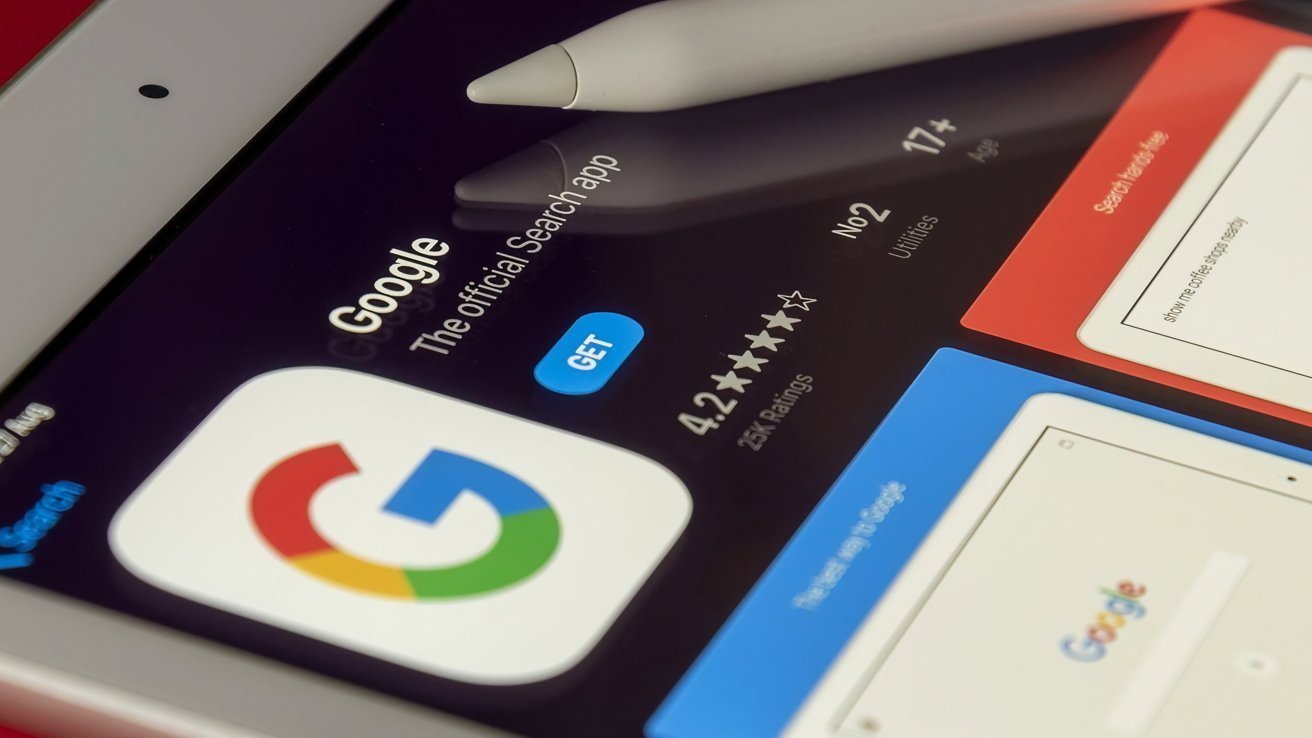
Google has issued its remedies proposal in an ongoing antitrust lawsuit.

As part of an ongoing antitrust case related to its search engine, Google has submitted proposed remedies responding to the court decision, including how Apple may be affected.
Google has been the subject of multiple antitrust lawsuits since 2023, when it was accused of knowingly breaking antitrust laws. The DOJ said that the company was an illegal monopoly in the search market, and courts eventually agreed with this assessment in August of 2024. Now, Google has taken the next step, after which it plans to submit an appeal.
Before Google can file an appeal, it’s required to file a remedies proposal. The proposal outlines the steps Google could take in order to rectify the issues highlighted in the court’s initial decision. The company has made it clear, however, that it’s only submitting a remedies proposal as it’s required by law.
Google’s proposed measures in the antitrust case
In its proposed remedies, Google explains that it could alter existing contracts with what it calls “browser companies” such as Apple and Mozilla. Under the proposal, such companies would have the option of implementing different default search engines on different platforms and would be able to change their default search provider every 12 months.
In 2022, Google paid Apple $20 billion to be the default search engine on its platforms. The lucrative deal was revealed in a statement by Eddie Cue, Apple’s Senior Vice President of Services, during legal proceedings. Google’s latest proposed measures would allow Apple to, for example, implement one default search engine on the iPhone and offer another on the iPad.
While Apple could theoretically implement two different default browsers on iPhone and iPad, if Google’s proposed measures are accepted, there would ultimately be no benefit for the company. Changing the default browser every 12 months would not have any positive effects, either.
Makers of Android devices would be able to pre-load multiple search engines or ship any Google app independently of pre-loading Chrome or Search, as part of Google’s proposed changes.
Google strongly disagrees with the DOJ’s decision, and highlights the consequences of its proposed remedies
Even so, the company highlights the negative effects the changes would have. “They would come at a cost to our partners by regulating how they must go about picking the best search engine for their customers,” Google said. “And they would impose burdensome restrictions and oversight over contracts that have reduced prices for devices and supported innovation in rival browsers…”
Google strongly disagrees with the DOJ’s decision in the antitrust case, calling it “overbroad” and saying that it would “harm American consumers and undermine America’s global technology leadership at a critical juncture.” The company says the DOJ proposal would require it to share users’ search queries with rivals, both foreign and domestic, and that doing so would restrict its ability to improve products.
The company argues that it has managed to achieve success through innovation and calculated investments, not because users are forced to rely on Google’s search engine. Google has also criticized the DOJ’s decision because the search engine landscape is “dynamic,” explaining that the rise of generative AI products has significantly changed the search engine market.
Other anti-trust cases involving Google’s services
In another antitrust lawsuit, this one concerning Google’s advertising services, the Department of Justice called the company “three times a monopolist.” The DOJ claimed that Google had linked together its ad-related technologies in a way that stifled the growth of rival products, forcing publishers to rely on Google’s systems for ad revenue.
The DOJ also wants Google to sell off its popular Chrome web browser. Google believes that doing so would ultimately undermine the browser’s security, and the company is not thrilled with the idea, either.
While initial decisions have been dealt, Google already has plans to file an appeal in the case regarding its search engine. As a result, the existing antitrust lawsuits could continue to linger for a few more months, until a final verdict is reached.
Google’s anti-trust cases could influence Apple’s ongoing lawsuits
In March 2024, the DOJ, along with a few U.S. states, filed an antitrust lawsuit against Apple, accusing the company of monopolistic practices. The iPhone maker filed a motion to dismiss the lawsuit in August of 2024 and asked the presiding judge to dismiss the case in November of the same year.
 The DOJ has also accused Apple of being a monopoly.
The DOJ has also accused Apple of being a monopoly.
The lawsuit against Apple alleges that the company is a monopoly because it restricts iMessage to iPhone users, while also preventing third parties from accessing the iPhone’s NFC technology. Apple introduced support for RCS with iOS 18, and the DOJ’s case may not be an accurate accusation.
The outcome of Google’s anti-trust lawsuits is likely to influence the result of the case against Apple, not to mention its Services bottom line. At the same time, new administration’s arrival could lead to an entirely different result for Apple, and similarly large cases.




